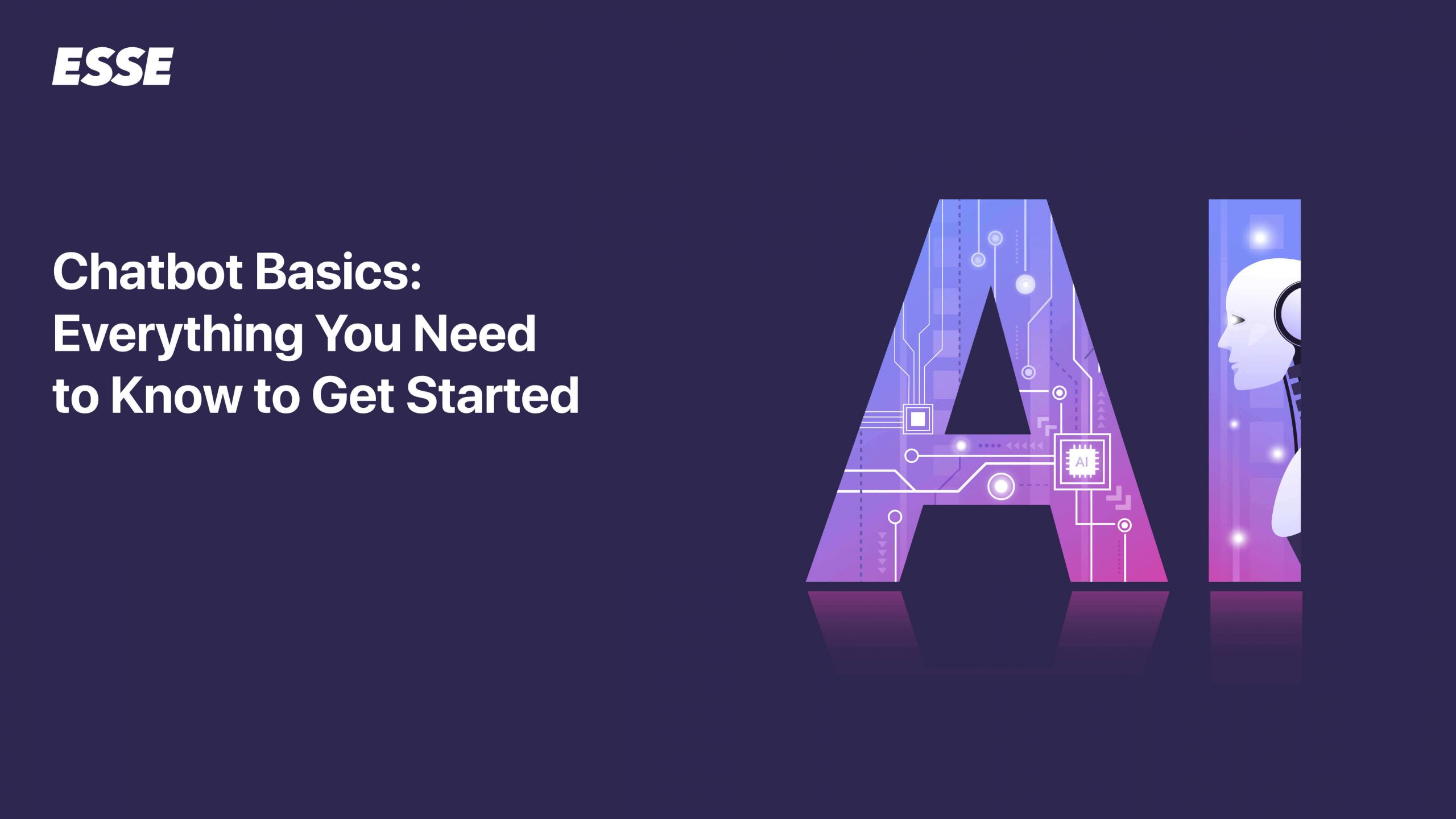In today’s digital age, businesses are looking for ways to automate processes and make customer service more efficient. Chatbots have emerged as a popular tool for achieving these goals. But what exactly are chatbots, and how do they work? In this beginner’s guide, we’ll cover the basics of chatbots and their benefits.
What Are Chatbots?
Chatbots are computer programs designed to simulate human conversations with users. They use natural language processing (NLP) and machine learning algorithms to understand and interpret user input and provide responses that are relevant and helpful. There are two main types of chatbots: rule-based and AI-based. Rule-based chatbots follow a predetermined set of rules to respond to user input, while AI-based chatbots use machine learning algorithms to learn from previous interactions and improve their responses over time.
Examples of chatbots in different industries include:
- Customer service chatbots on e-commerce websites
- Personal assistant chatbots like Apple’s Siri or Amazon’s Alexa
- Healthcare chatbots that provide symptom-checking and medical advice
- Financial chatbots that help with banking and investment management
How Do Chatbots Work?
Chatbots typically use a combination of NLP and dialog management to understand and respond to user input. NLP is used to parse the user’s message and extract relevant information, while dialog management is used to keep track of the conversation and provide appropriate responses. Chatbots can also be integrated with messaging platforms like Facebook Messenger, Slack, or WhatsApp, making them easily accessible to users.
Why Does Your Business Need a Chatbot?
Chatbots offer several benefits for businesses, including:
- Improved customer service: Chatbots can provide 24/7 support and quick responses to common inquiries, freeing up human support agents to handle more complex issues.
- Increased efficiency and cost savings: Chatbots can automate routine tasks like appointment scheduling, order tracking, and payment processing, saving time and resources for businesses.
- Better customer engagement and retention: Chatbots can provide personalized recommendations and suggestions, leading to increased customer satisfaction and loyalty.
Chatbots can be a powerful tool for businesses looking to automate customer service and streamline operations. By following the tips and best practices outlined in this guide, you can create a chatbot that provides a seamless and engaging experience for your customers while saving time and resources for your business. As technology continues to evolve, chatbots will likely become an even more important part of the customer experience, so it’s important to stay up-to-date on the latest trends and developments in the field.


Leave a Reply